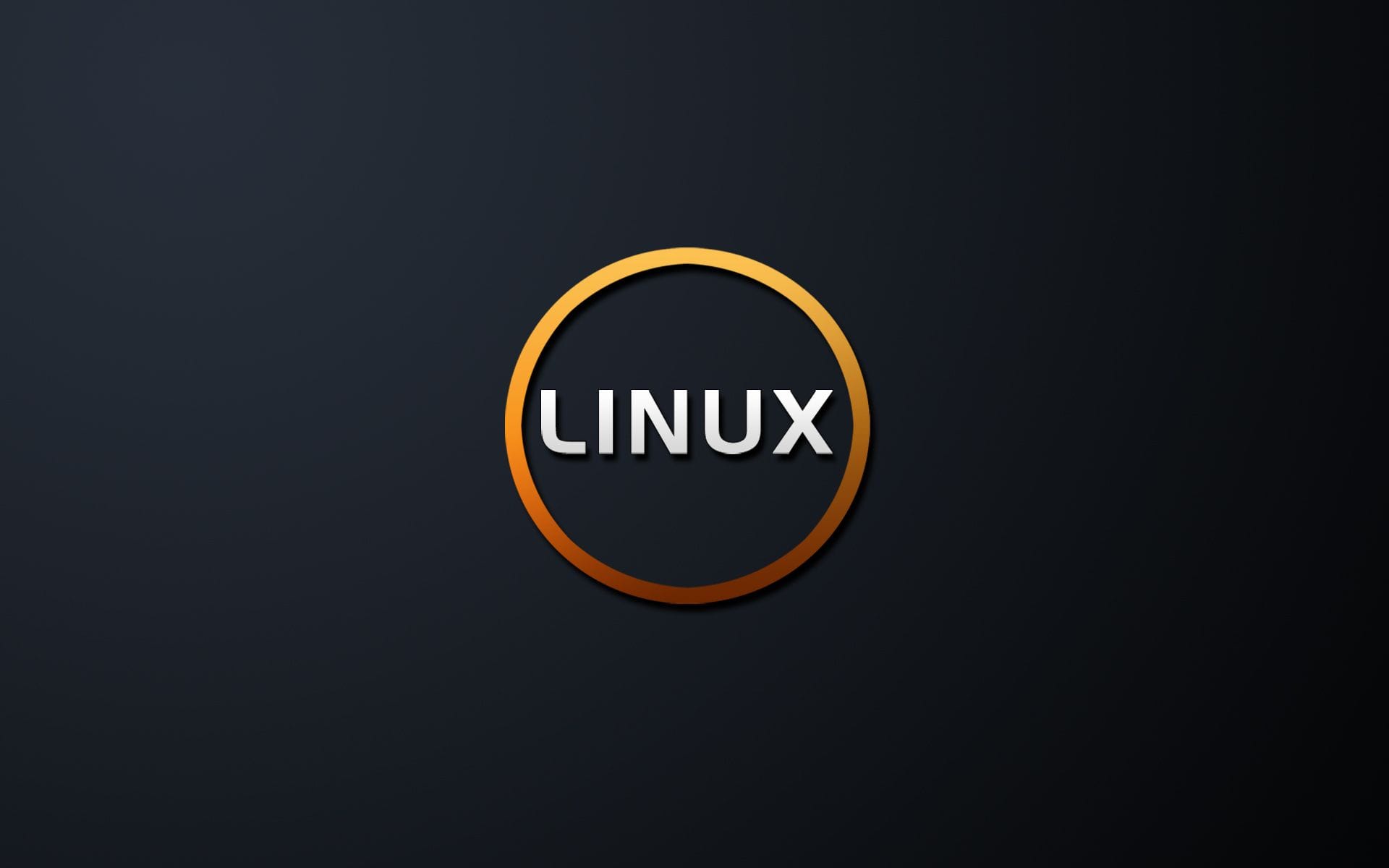What is Linux?

Linux is a family of open-source, Unix-like operating systems built around the Linux kernel. Known for its versatility, stability, and security, Linux is widely used in various domains, including servers, desktops, embedded systems, and supercomputers. It is developed collaboratively by a global community of developers and maintained under the principles of free and open-source software (FOSS).
Key Features of Linux
- Open Source: Linux is freely available, and its source code can be studied, modified, and distributed by anyone. This openness fosters innovation and a large, active development community.
- Multi-Platform Support: Linux can run on a wide range of hardware, from personal computers and smartphones to IoT devices and mainframes.
- Modularity: Linux’s modular architecture allows users to customize the operating system to meet specific needs, from lightweight systems to fully-featured enterprise environments.
- Security: Linux has a robust security model, featuring user permissions, process isolation, and regular updates, making it a preferred choice for secure systems.
- Package Management: Linux distributions use package managers like APT (Debian-based), YUM/DNF (Red Hat-based), and Pacman (Arch Linux) to simplify software installation and updates.
- Command-Line Interface (CLI): Linux provides powerful command-line tools for advanced system management, scripting, and automation.
Popular Linux Distributions
Linux comes in various distributions (“distros”), each tailored to different use cases and user preferences. Some of the most popular ones include:
- Ubuntu: User-friendly and suitable for beginners and desktops.
- CentOS/AlmaLinux/Rocky Linux: Stable and widely used for servers.
- Debian: Known for its stability and extensive package repository.
- Arch Linux: Lightweight and customizable, aimed at advanced users.
- Fedora: Cutting-edge features for developers and enthusiasts.
- Raspberry Pi OS: Designed for the Raspberry Pi hardware platform.
Benefits of Linux
- Cost-Effective: Linux is free to use, reducing software licensing costs for individuals and organizations.
- Reliability: Linux systems are known for their uptime and stability, making them ideal for critical applications like servers and embedded systems.
- Community Support: A large and active community provides extensive documentation, forums, and resources for troubleshooting and learning.
- Flexibility: Linux can be tailored for different environments, from minimal installations for embedded systems to fully-featured setups for gaming and multimedia.
- Compatibility: Linux supports a vast array of programming languages, frameworks, and tools, making it a favorite among developers and IT professionals.
Common Use Cases for Linux
- Web Servers: Linux powers most of the world’s web servers, including popular platforms like Apache, Nginx, and Kubernetes clusters.
- Development Environment: Developers use Linux for its extensive programming tools, scripting capabilities, and compatibility with various languages.
- Embedded Systems: Linux is used in devices like routers, smart TVs, and automotive systems due to its efficiency and adaptability.
- Cloud Computing: Most cloud platforms, including AWS, Google Cloud, and Microsoft Azure, run Linux-based instances.
- Desktop Use: While less dominant than Windows and macOS, Linux desktop environments like GNOME and KDE offer a powerful alternative for personal and professional use.
Getting Started with Linux
Installing Linux is straightforward and typically involves downloading an ISO file for a desired distribution, creating a bootable USB, and following the installation instructions. Many distributions also offer live environments that allow users to try Linux without installing it on their systems.
For beginners, distributions like Ubuntu or Linux Mint are recommended for their ease of use and extensive documentation.
Conclusion
Linux is more than just an operating system; it is a foundation for innovation, collaboration, and secure computing. Whether you’re a developer, a system administrator, or an everyday user, Linux offers unparalleled flexibility and reliability. Its open-source nature ensures that it continues to evolve, driven by a vibrant community and a commitment to empowering users worldwide.
